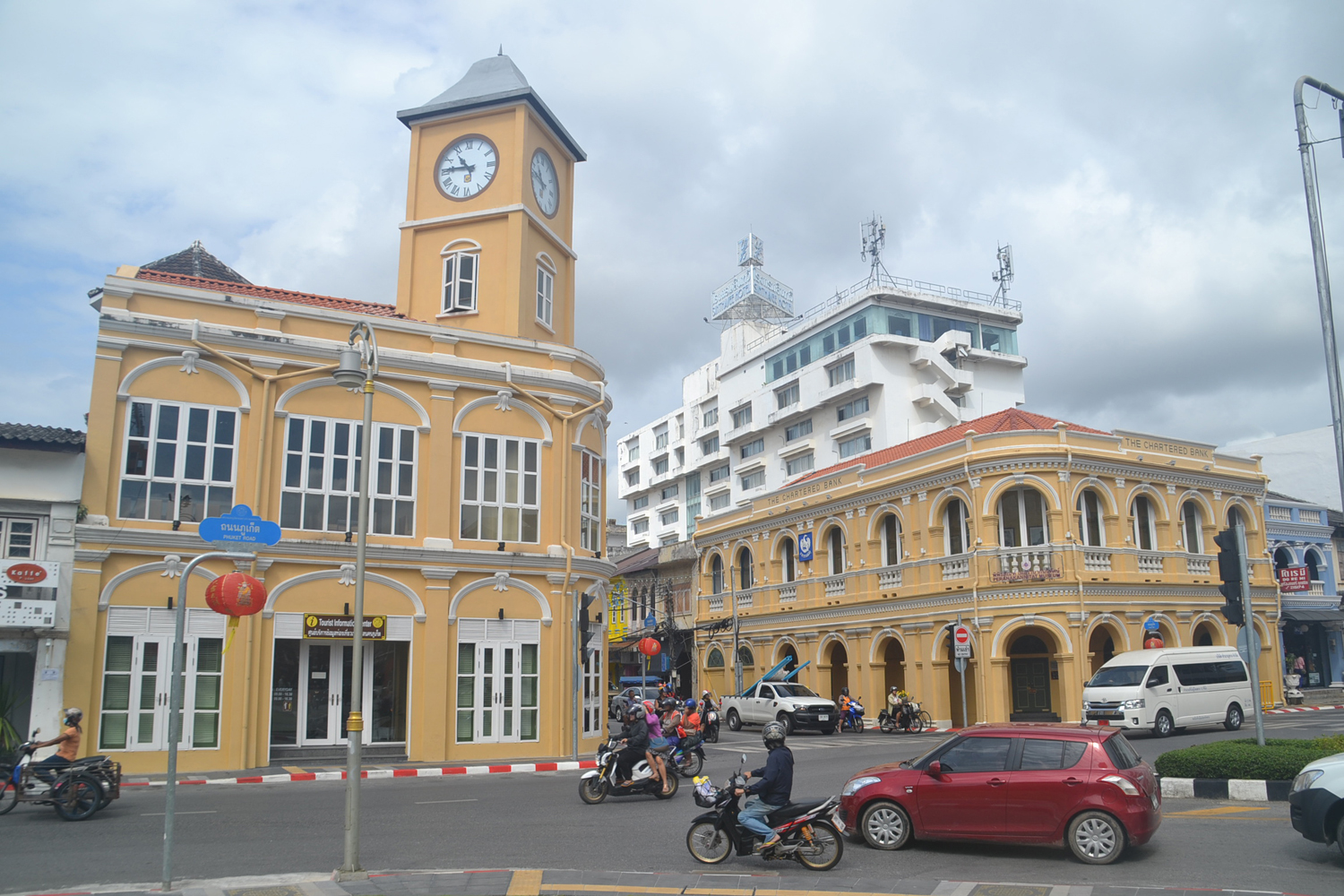
Phuket's property market will take at least two years to recover because the fallout from the coronavirus is hitting one of the world's top tourist destinations harshly, says the Phuket Real Estate Association.
Boon Yongsakul, the association's vice-president, said the Phuket property market has suffered a severe impact from the pandemic because the local economy relies heavily on tourism.
"Since I have been in the property business, I've never experienced anything worse than this crisis," Mr Boon said. "Even Sars, avian flu and the tsunami were incomparable with the coronavirus."
In the past, 70-80% of Phuket's economic growth was driven by the tourism sector.
At present, the influence of the hospitality industry is more than 90%, resulting in a heavier impact than in other parts of the country.
To reduce dependency on tourism and avoid future risk, Mr Boon suggested Phuket reposition as a medical and educational hub supported by government policy.
The declining tourism market also caused many banks to tighten mortgage loan criteria for those working in the industry, he said, and a high rejection rate is noticeable.
Meanwhile, foreigners have delayed residential unit transfers because they are unable to travel and face a stronger baht.
The impact on these buyers could lead to a significant drop in developer revenue in the second quarter.
"It is a very challenging year for developers in Phuket," Mr Boon said. "They should monitor financial liquidity. Some of them have shifted to smaller projects with less than 10 units a site."
Some local and foreign investors are acquiring land plots in Phuket to develop projects to prepare for the future comeback, he said.
The market will likely be driven by new demand from expats from Singapore and Hong Kong who will relocate because of the high cost of living and social unrest, respectively.
To attract foreign investors, leasehold should be extended from the current 30 years to 50 because the latter is more secure for property buyers, Mr Boon said.
Vichai Viratkapan, acting director-general of the Real Estate Information Center (REIC), said the monthly absorption rate of residential units in Phuket has dropped for two straight years amid the economic slowdown.
In the second half of last year, the number of residential units sold in Phuket was 1,550, down 32% from 2,274 units in the first half.
Of the number, 68% or 1,060 units worth a combined 5.32 billion baht were condos.
The five best-selling locations were Bang Tao-Surin (34%), Rawai (17%), Kamala (16%), Nai Yang-Mai Khao (11%) and Patong (9%), as they were popular among foreigners and investors.
With the sluggish economy expected to linger and the coronavirus taking a toll on the island tourism market, the absorption rate of residential units will drop to 1.1-1.6% in 2020 from 1.8-3% in 2019, the REIC said.